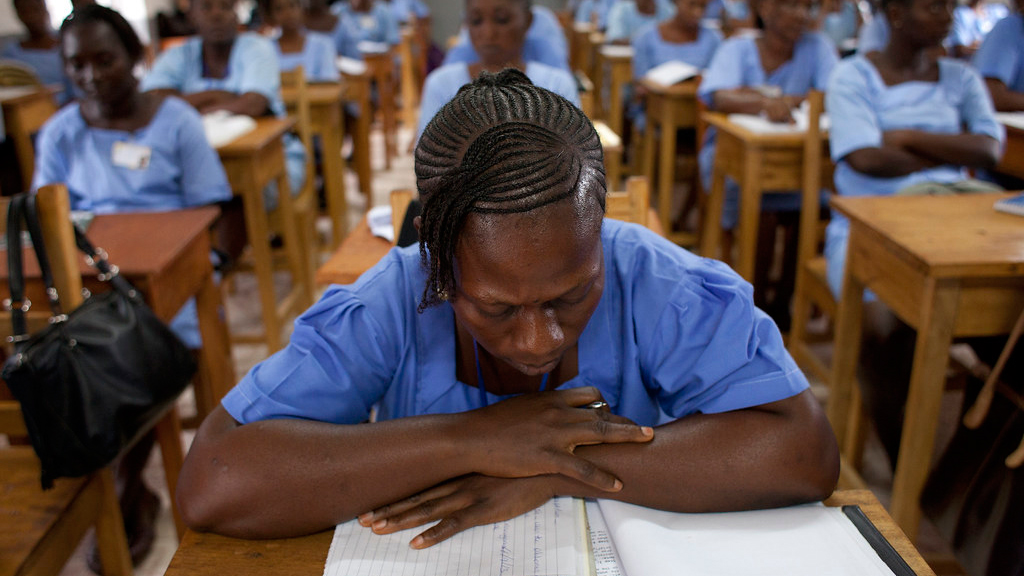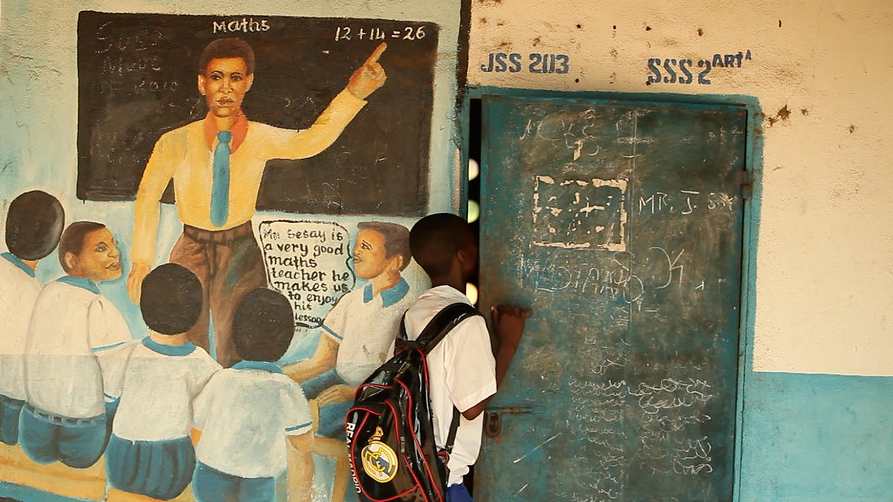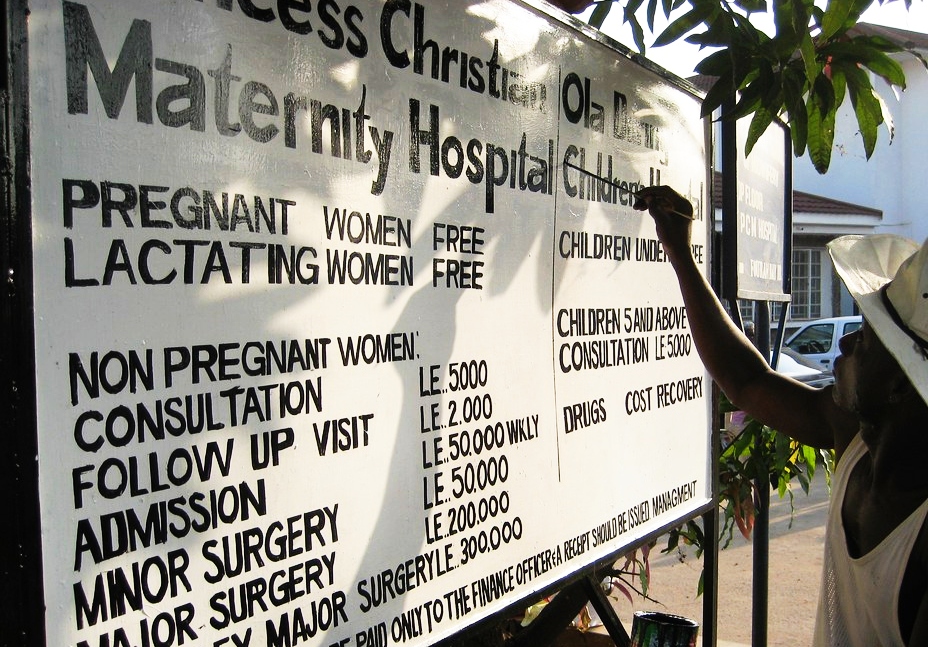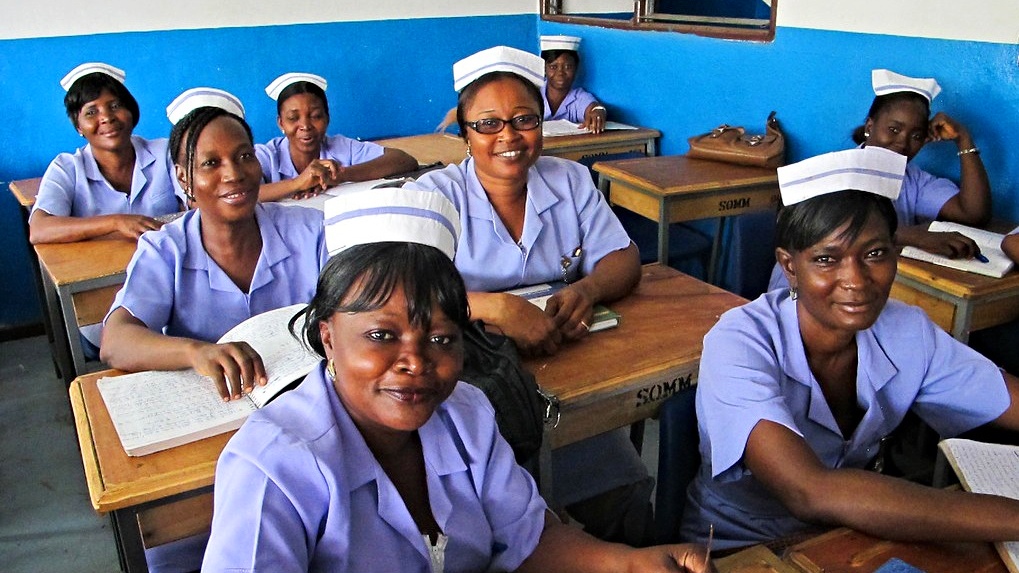Sierra Leone’s development is held back by poor infrastructure, writes Abdulai Salia Brima, creating opportunities for transport investment schemes to encourage economic competitiveness, improve programme delivery and support sectors such as agriculture.
This post is part of Njala Writes, a blog series resulting from a writing workshop hosted at Njala University, Sierra Leone in June 2019, in collaboration with the LSE Firoz Lalji Centre for Africa.
Sierra Leone is a rich country. Its countryside contains high deposits of mineral resources, vastly available agricultural land, untapped timber resources and many tourist sites.
Getting to these natural assets and tourist sites is another story. Roads are often non-existent or in poor condition. Potholes and cracks in the road are a common sight, if roads are even paved in the first place. More often, dirt roads are the common feature of the rural transportation network.
Sierra Leone has 11,300 kilometres of roads. Of these, only 904 km are paved – about 8 per cent. Paved roads greatly ease the transportation of people, crops and other products.
In many areas where roads are available, the condition or lack of bridges is a major constraint. A paved road built from Freetown to Moyamba District is a case example. This road became the fastest and shortest route connecting the capital to the Eastern and Southern Provinces, an infrastructure project deemed crucial for accelerating economic activities in the countryside. However, a broken bridge made the road only functional for the first few years. Additionally, the Mabang Bridge, the only bridge connecting the northern and southern province over the Ribi River, was not repaired for 10 years until recently.
Infrastructure, particularly paved roads and bridges, is critical for Sierra Leone’s economic growth and development. Low investment remains a major constraint. The challenge is how to use public resources efficiently and effectively to fund it.
We have to turn to, or partner with, the private sector. Motivating private investors to direct their funds into infrastructural development is a challenge, but to take up this responsibility would bring multiple benefits. Private investors need good transport infrastructure to access agricultural farms, mining sites and ports for exporting products. Individual farmers also need good roads to access markets for their products and scale up production. The government needs to access and extend control to those it governs through proper transport infrastructure.
In my view, addressing these issues will have a tremendous positive impact on the process of transforming the structure of the economy and improve its competitiveness. It will further boost the export capacity for our agricultural and mining products and hence reduce the foreign exchange constraint on the economy. It will also improve the mechanism through which the government rolls out its development programmes and service delivery to rural areas.
Fixing the missing link of transport infrastructure will enable Sierra Leone’s rural regions to be connected, without potholes and broken bridges, to reach its economic potential.






Many thanks for this interesting piece. Its important to for government to create the necessary climate that will stimulate the private sector into a positive response in this sector.
Great help for my report 🙂